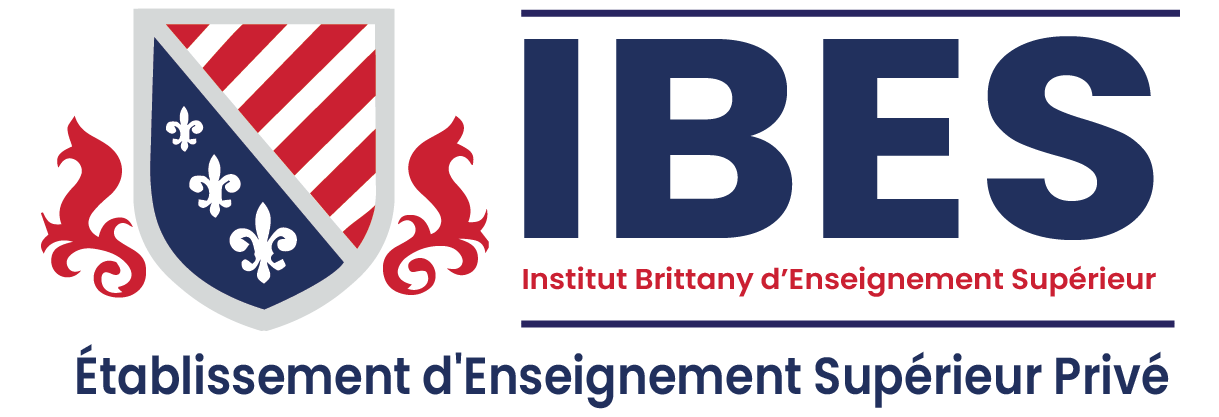Why a Doctorate in Education is Becoming Essential
For Today's Teaching Professionals
Education is evolving faster than ever before. Classrooms are no longer confined to four walls, and the expectations placed on educators have grown exponentially. Teachers are now expected to be innovators, leaders, and policy influencers, not just instructors. In this context, a Doctorate in Education (EdD) is becoming less of a luxury and more of a necessity for ambitious teaching professionals.
The Rising Demands on Educators

Today's educators face evolving challenges and expectations
Teaching today goes beyond delivering lessons. Educators are tasked with shaping curricula for diverse learners, adopting new technologies, ensuring inclusivity, and addressing societal issues through education. The pandemic accelerated the integration of digital platforms, but it also exposed gaps in leadership and policy within education systems.
For educators aiming to take on leadership roles, whether as school administrators, curriculum designers, consultants, or policymakers, a deeper, research-informed qualification is becoming critical. This is where a Doctorate in Education comes in.
Why an EdD Matters in 2025 and Beyond
Leadership and Transformation
Schools and universities need leaders who can drive transformation in teaching methods, digital integration, and institutional strategy. An EdD equips professionals with the tools to lead these changes.
Policy Influence
Education policies are increasingly shaped by practitioners who understand both the classroom and the broader socio-economic landscape. With an EdD, educators can contribute to policy formulation and advocacy.
Research Meets Practice
Unlike a traditional PhD, which is heavily theoretical, an EdD focuses on applied research. It enables professionals to address real-world challenges in their institutions and communities.
Career Advancement
From becoming deans of faculties to consultants for international organizations, those with an EdD are positioned for top-tier roles. Advanced qualifications are now a requirement for senior positions.
The Human Side: Why Educators Are Choosing the EdD

Educators pursue doctorates to make a greater impact
Beyond career prospects, many educators pursue a doctorate because they want to make a bigger difference. They are passionate about reshaping how students learn, creating inclusive educational practices, and leaving a legacy of innovation in their institutions. The EdD provides both the confidence and the academic foundation to do so.
A Pathway for Ambitious Educators
For those considering this transformative step, the Doctor of Education (EdD) Dual Awards Programme from IBES and VERN University is a compelling option.
Our programme is designed to equip senior education practitioners and high-potential individuals with both advanced knowledge and applied research skills. Students learn to address complex challenges ethically, transform education management practices, and influence policy and innovation. With dual recognition from IBES and VERN, graduates earn international credibility.
The programme offers flexibility with blended or fully online modes, allowing busy professionals to balance study with work commitments. Depending on the route, learners complete a combination of taught modules and a thesis or focus on a comprehensive research thesis. The programme can typically be completed in 18 to 36 months, making it both rigorous and achievable.
Final Thoughts
Education is the backbone of every society, and educators who aspire to lead must continually evolve. A Doctorate in Education is no longer just an academic milestone, it is a gateway to leadership, innovation, and influence.
For teaching professionals ready to take the next step, pursuing an EdD may be the key to unlocking greater impact in classrooms, institutions, and beyond. And with globally recognized programmes like the IBES and VERN University's EdD, that future is within reach.
Learn More About Our EdD Program
